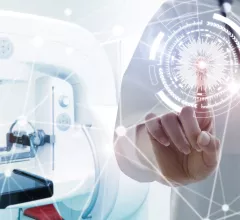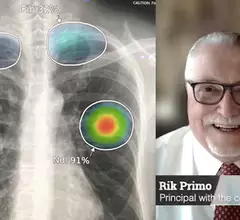Radiological Society of North America (RSNA)
The Radiological Society of North America (RSNA) is a non-profit organization that represents 31 radiologic subspecialties from 145 countries around the world. We provide high-quality educational resources, including continuing education credits toward physicians’ certification maintenance, host the world’s largest radiology conference and publish five top peer-reviewed journals.
Displaying 73 - 80 of 162












